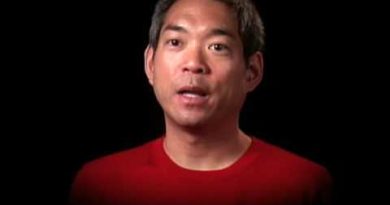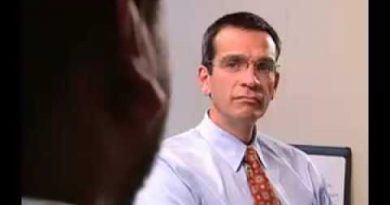The Effect of Gender on Male Depression and Suicide: Part 1
Presented By: Dr. Bruce Feingold, PhD, Licensed Clinical Psychologist
Research suggests there are significant gender differences in how men and women manifest and experience depression, help seeking behavior, coping mechanisms, psychosocial risk factors, and rates of completed suicide. Men often present atypical externalizing symptoms of depression, such as anger, substance abuse, and risk-taking behaviors. Due to masculine gender norms, which emphasize independence, and avoidance of vulnerable feelings, men are less likely to seek psychotherapy, more likely to isolate themselves, suppress affect, and attempt to resolve depression on their own.
Through extensive case studies and discussion of contemporary research, participants will gain a better understanding of how masculine socialization norms and family of origin contribute to male depression, and a higher rate of successful suicide. The course will discuss the research by Joiner and Maltsberger to comprehend the cognitive, affective, ego and interpersonal issues associated with depression and suicide, and explore how to evaluate, and treat suicidal issues.
As men understand the nature of depression and are more willing to seek help, therapists will learn how to utilize a variety of traditional therapeutic interventions to address the multiple symptoms of depression, and suicide.
Learning Objectives – After completion of the presentation the attendees will:
1. Understand gender differences regarding depression, diagnosis, help seeking behavior, coping mechanisms, psychosocial risk factors and suicide.
2. Understand and apply clinically the effect of hegemonic masculinity on depression, and psychotherapy.
3. Utilize the theories of depression and suicide, by Maltsberger and Joiner, to evaluate suicide risk, and make therapeutic interventions.
4. Make gender specific, and integrated therapeutic interventions, with men coping with depression and suicide.
Bruce Feingold is a licensed clinical psychologist and has been practicing in Walnut Creek, CA for over thirty-five years, specializing in adults, adolescents, couples and families, and have led two men’s groups for over twenty-five years. For ten years he worked at Contra Costa County community mental health as a psychologist with low income children, adolescent and families from diverse backgrounds. He founded and directed a training program for masters and doctoral level interns. Dr. Feingold worked five years at Walnut Creek Psychiatric Hospital as a clinical consultant on the adult units. While there, he founded and directed both a Young Adult program, and a training program for doctoral level students. He has specialized in the treatment of men, teaching and leading workshops, throughout his career.





